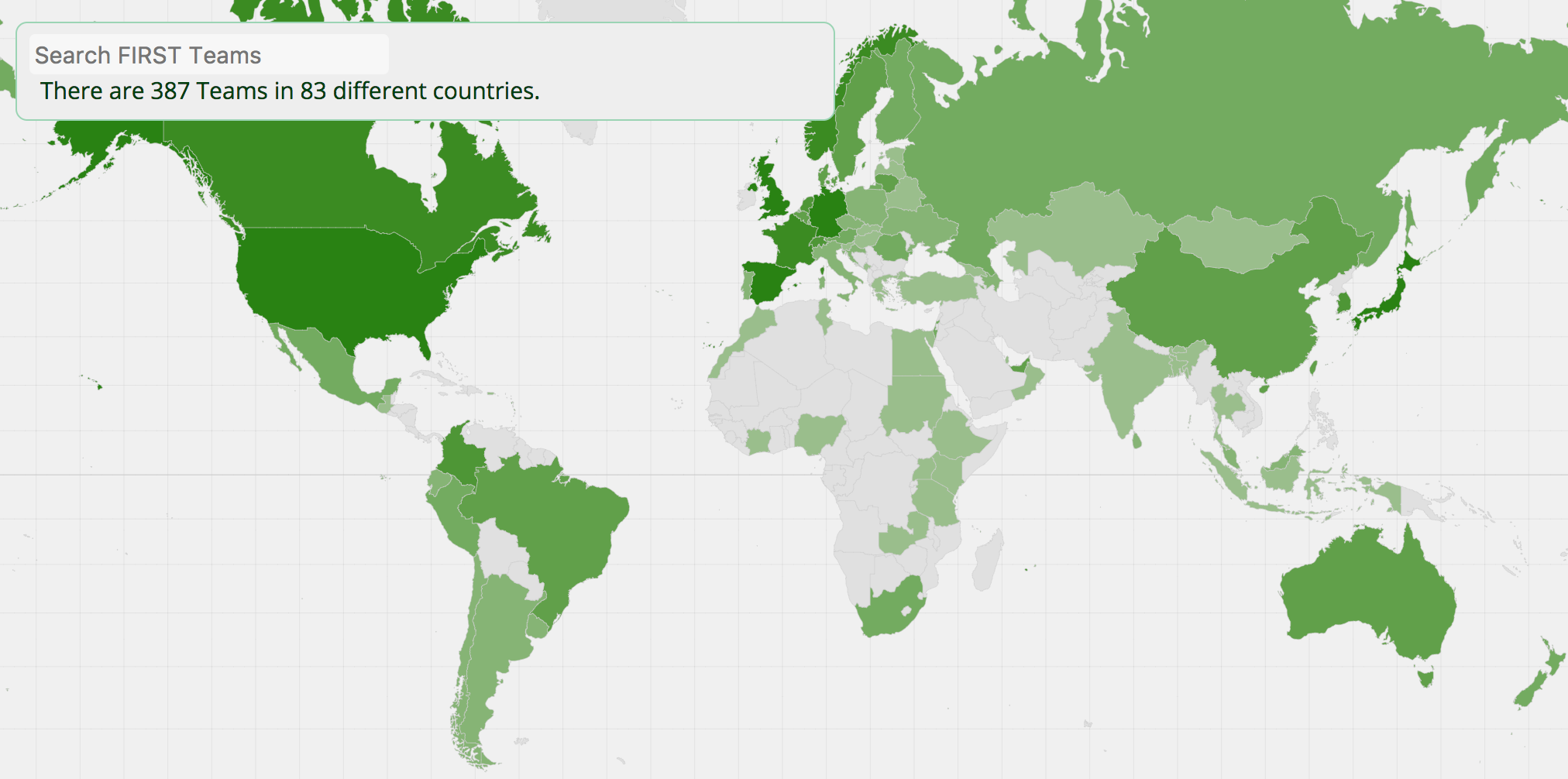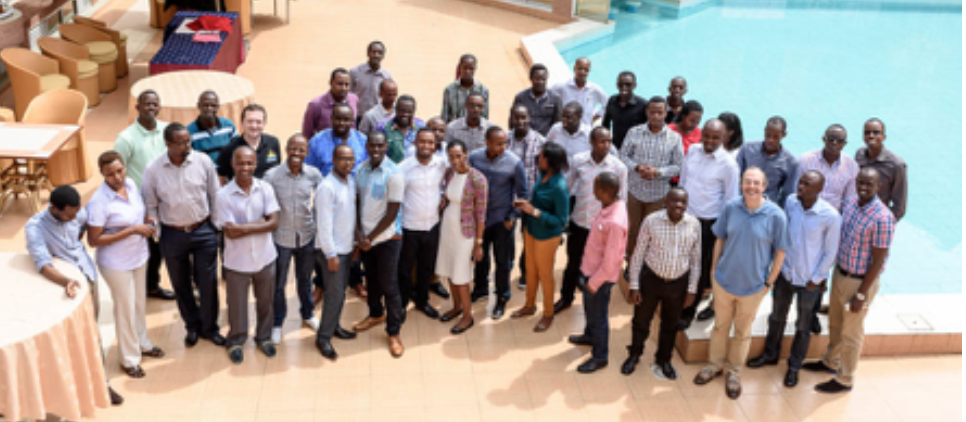Training in emerging nations: Laying the seed to close the digital divide.
by Serge Droz, FIRST Board of Directors
Thursday, October 19th, 2017

For the longest time the growing Internet and digital communication was hailed as the path to a new and better world. But poorer countries where mostly left out from the benefits.
Grassroots initiatives were sometimes stomped by large telecom companies taking over the market, thanks to generous developing grants from the west. But being humans, people did not get stopped by this. Instead they but skipped the wired area to jump right into mobile internet. Online payments in rural areas are common as are wireless internet connections in many countries in Africa or Asia. Thus, it’s no surprise that mobile malware soars in these places as local cybercrime discovers these new markets too.
As the internet moves late but fast into these countries people realize that it should not be given up to criminals. Lacking resources and access to high quality training, though, makes this challenging. This is worrisome, not only for the countries itself, but for Internet users at large. After all these regions are getting online and will connect to the rest of the world. And by that, compromises and malware infections there may also expose other parts of the world. FIRST’s mission is to “Improve security together”. This really means, that in a security incident every FIRST member can:
- Find a local team that can mitigate the issue
- That those two teams speak the same language, i.e. understand each other
- That information can be exchanged securely and efficiently
FIRST members can access a database with contact information and encryption key to find other member teams and securely communicate with them. Points two and three are more difficult. They require that teams, respectively its members know the right language and know how to properly use tools to communicate.
Looking at the map of members it becomes obvious that in many regions, particularly in Africa, not many FIRST members exist. FIRST would like to change this by encouraging incident responders in these regions to become members, and by increasing their capability through delivering affordable and high quality training in these regions. FIRST has developed training material that can help kickstart new incident response teams, made available under a creative commons license from our website.
But this is not enough. It is one thing to teach technical information. It’s another to bridge the many cultural differences between regions and countries. Both western teams as well as teams in African, Asian or Latin American countries need to understand that they are communicating across cultures when handling incidents. There are different values and different attitudes, or even different views on what is right or wrong. Yet, despite these differences people must collaborate with each other.
When teaching a training course this requires first and foremost that instructors and students are open minded and appreciative of each other. This is particularly true for trainers from western countries. Sometimes, they can have a “know it all” attitude, which is not productive. In my training courses, I meet technically very sophisticated engineers, that are struggling in difficult or different environments. Conveying a negative attitude demotivates students and only reinforces existing prejudices.
In my experience being open, asking rather than lecturing creates an atmosphere of trust where people open up. FIRST always reiterates that trust is the most important ingredient making the CSIRT world going round. Trust is created among humans, not processes or machines. Many students express concern that their pleas for help from western companies remain unanswered. Answering does not imply consenting to the demand, it is just basic courtesy.
So why do we find it so difficult to create successful engagements in different cultures? I would wager because we know how to properly respond in our own cultural environments, but are at a loss with behavioral automatisms in new, unknown places. Keeping an open mind helps, and in fact FIRST has conducted many successful trainings in so called difficult locations.
Our trainers often come back expressing that teaching in such location was a rewarding experience, both content wise and emotionally, as say participants of successful trainings.

A training given in Kigali, Rwanda proved to be a special experience. FIRST brought together, for the first time, local experts from different sectors, to partner on our mission of improving security together.


